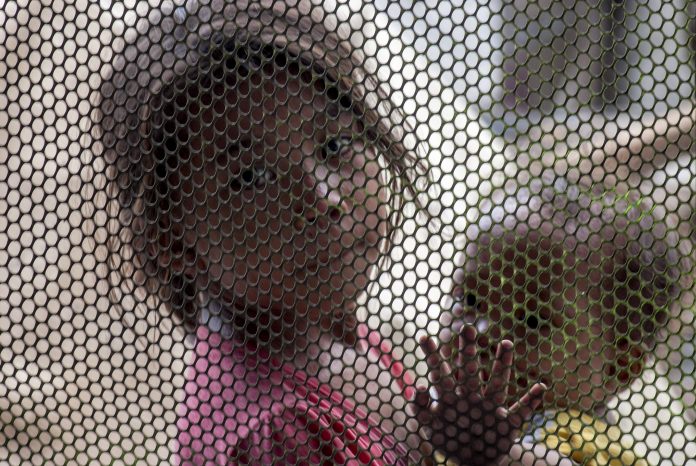Salinlahi Alliance for Children’s Concerns welcomed the approval in the Philippines’ Lower House of Congress of a bill that aims to increase the age of statutory rape from 12 to 16 years old.
“Salinlahi believes the urgency of its passage into law under the current situation that exacerbates children’s vulnerability to sexual abuses and violence such as rape,” read a statement from Eule Rico Bonganay, Salinlahi secretary general.
The organization claimed that young children have been sexually abused and assaulted as “existing laws and measures fail to put sexual predators behind bars.”
“Children’s vulnerability to abuses and violence has been further highlighted with the reported increase of incest cases during the imposition of extended community lockdowns,” said Bonganay.
He said such vulnerability has doubled as families face increased hunger, poverty, socio-economic and psychosocial instability during the pandemic.
“We must recognize that a 12 year old child cannot in any way properly discern abuse and consequently cannot adequately defend herself or himself from such,” he said.
Cultural stigma also awaits those who report or disclose sexual violence or abuse.
“Except from the actual physical bruises that might heal in time, abuse to children leaves them a more serious injury that would take a lifetime for them if not addressed properly,” said Bonganay.
On November 25, the House of Representatives passed on second reading House Bill No. 7836, which seeks to amend Republic Act No. 7610 or the Special Protection of Children Against Abuse, Exploitation and Discrimination Act.
The proposed measure also further expands the definition of rape and provides for stiffer penalties for rape, sexual exploitation, and abuse, and shifts the burden of proof of consent on the part of the offender.
Moreover, the bill states that subsequent valid marriage between the victim and the offender will not extinguish criminal liability.









